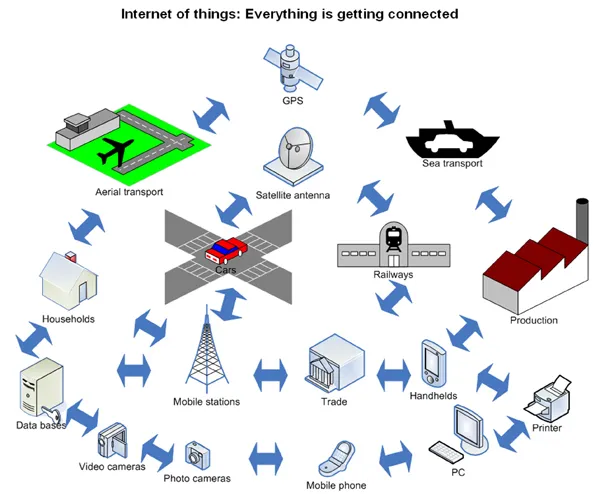Emergency services in the US state of Oregon recently faced a rather unusual challenge when they were called out to deal with the aftermath of a crash. A truck had overturned, spilling its load into the roadway and onto a number of other vehicles. Unfortunately the truck’s load happened to comprise several tonnes of live hagfish, which were being transported to Korea, where they are eaten as a delicacy.
October 18, 2017
Read time: 1 min
Emergency services in the US state of Oregon recently faced a rather unusual challenge when they were called out to deal with the aftermath of a crash. A truck had overturned, spilling its load into the roadway and onto a number of other vehicles. Unfortunately the truck’s load happened to comprise several tonnes of live hagfish, which were being transported to Korea, where they are eaten as a delicacy. Hagfish have no backbones and produce slime when under stress, which was certainly the case in this crash. The truck and several cars were damaged during the incident and also covered in slime, which emergency crews had to wash away before the road, the busy I-101 route, could be returned to normal traffic flow.








